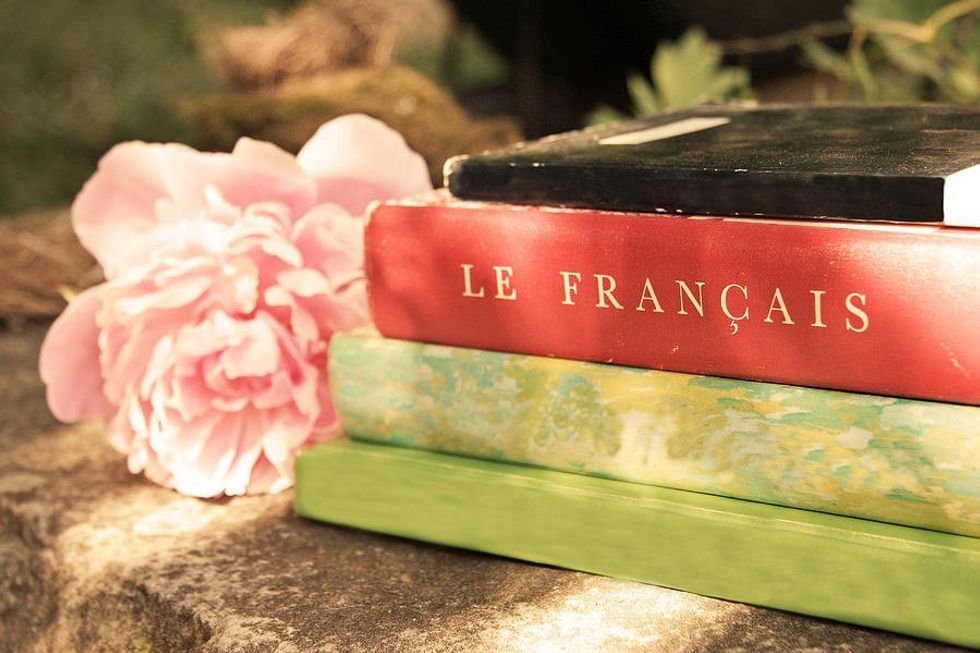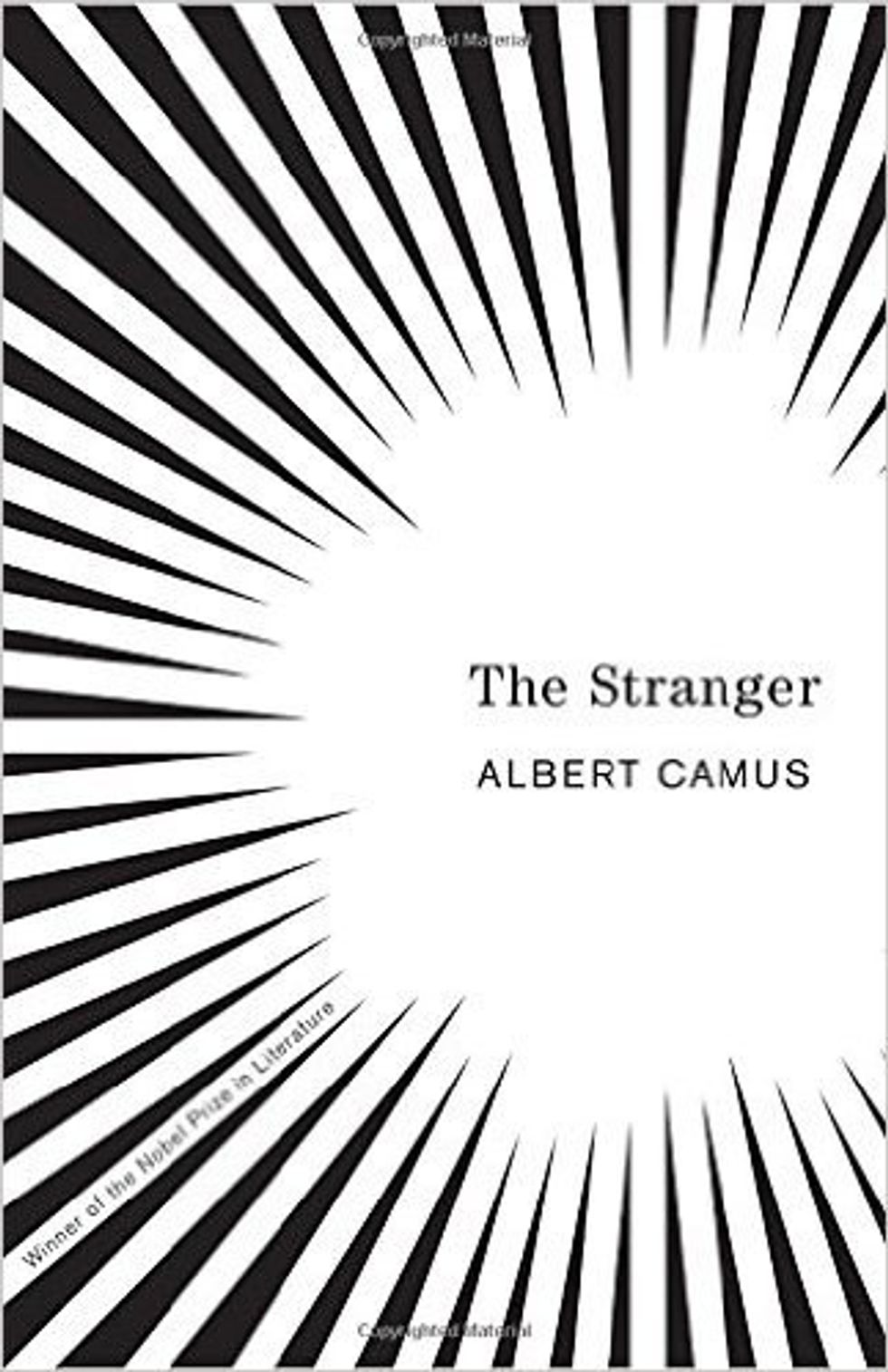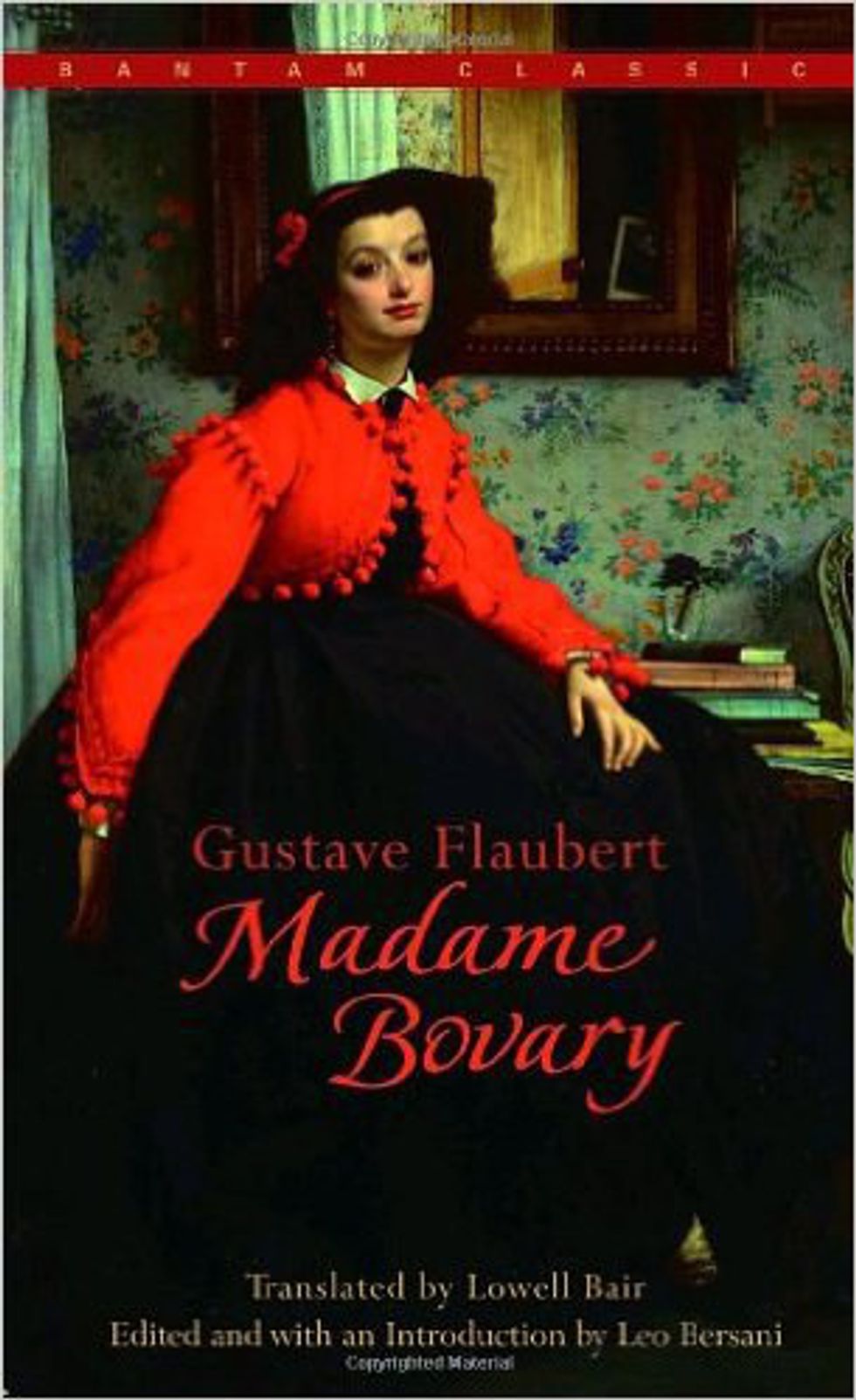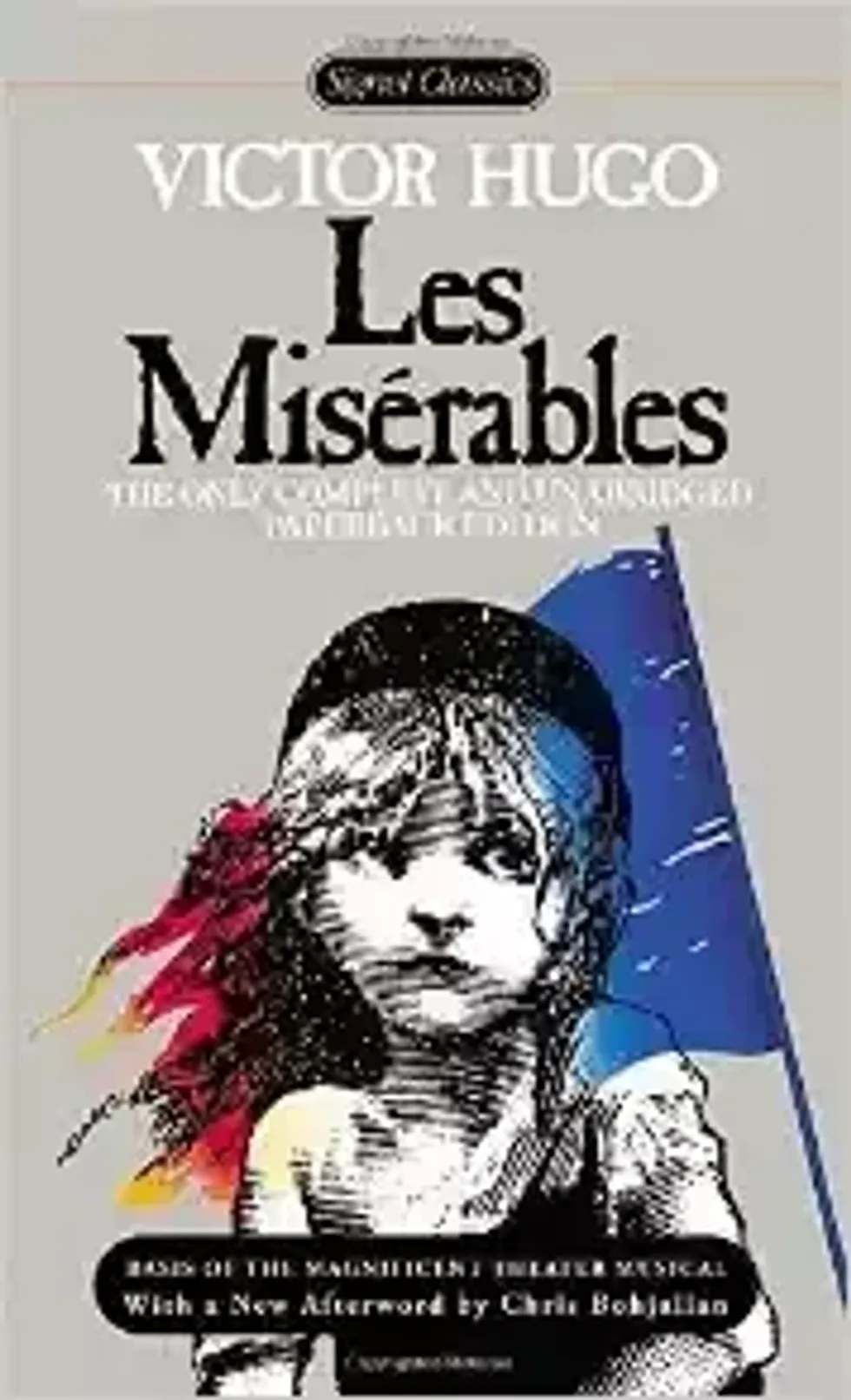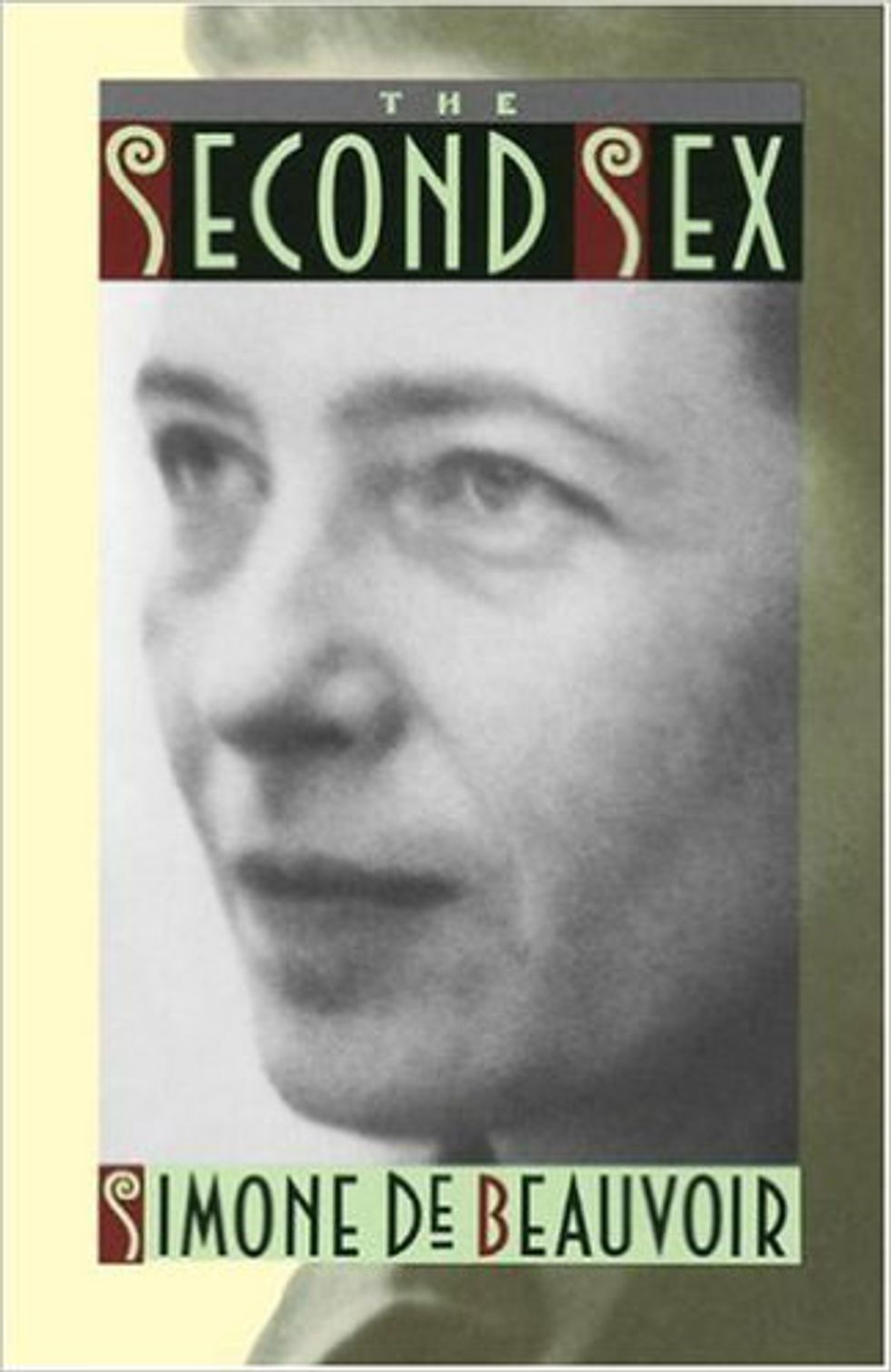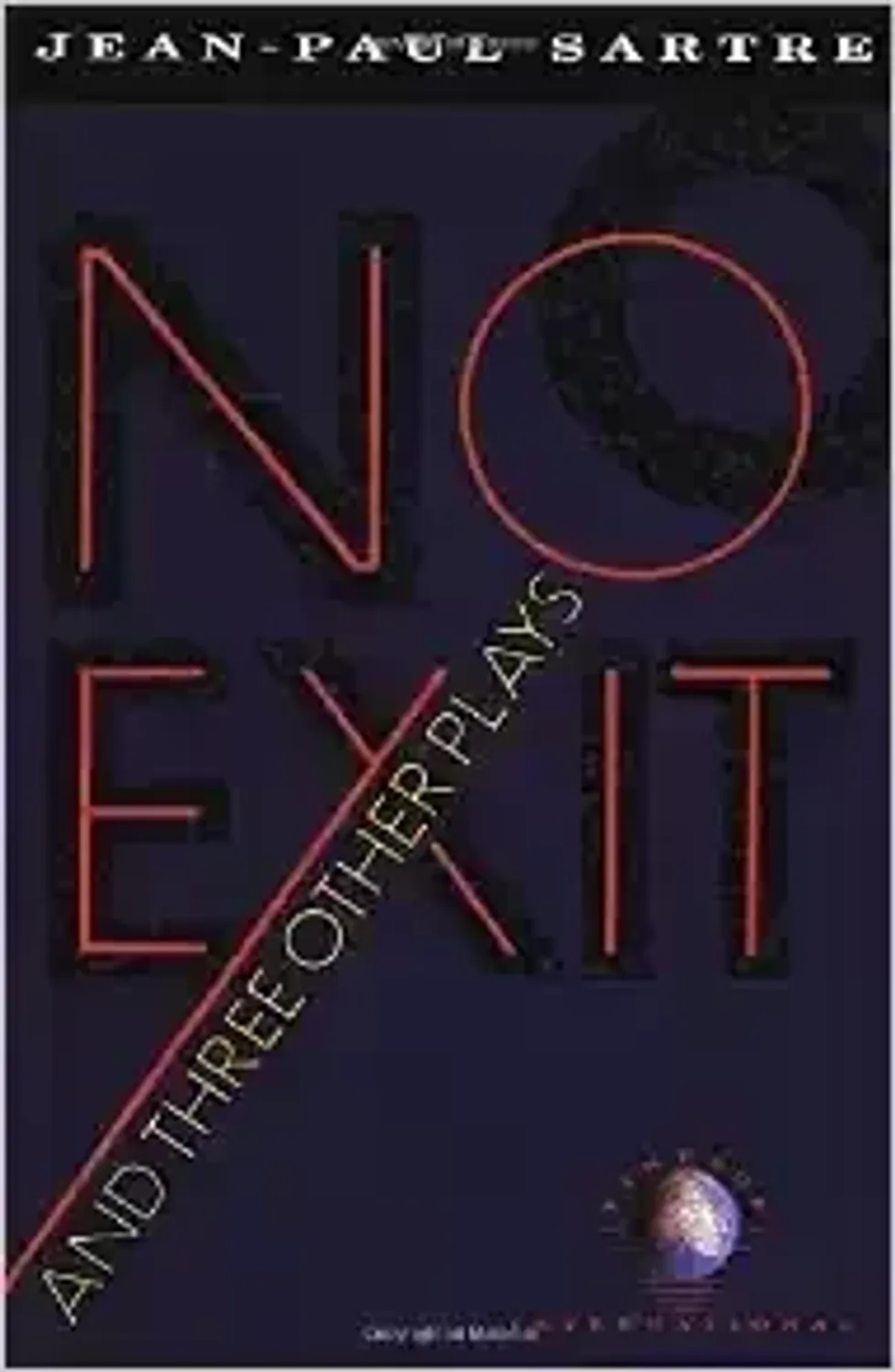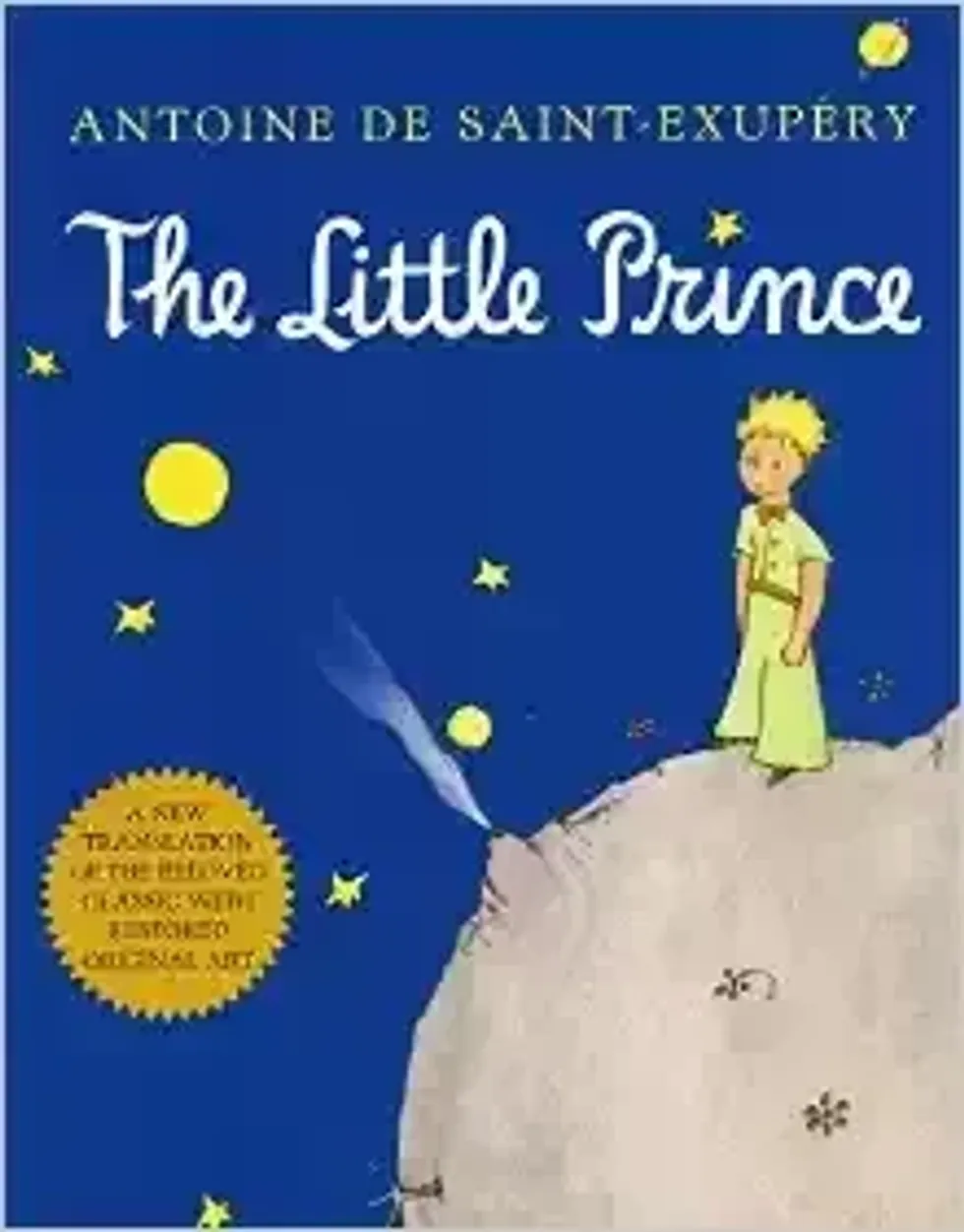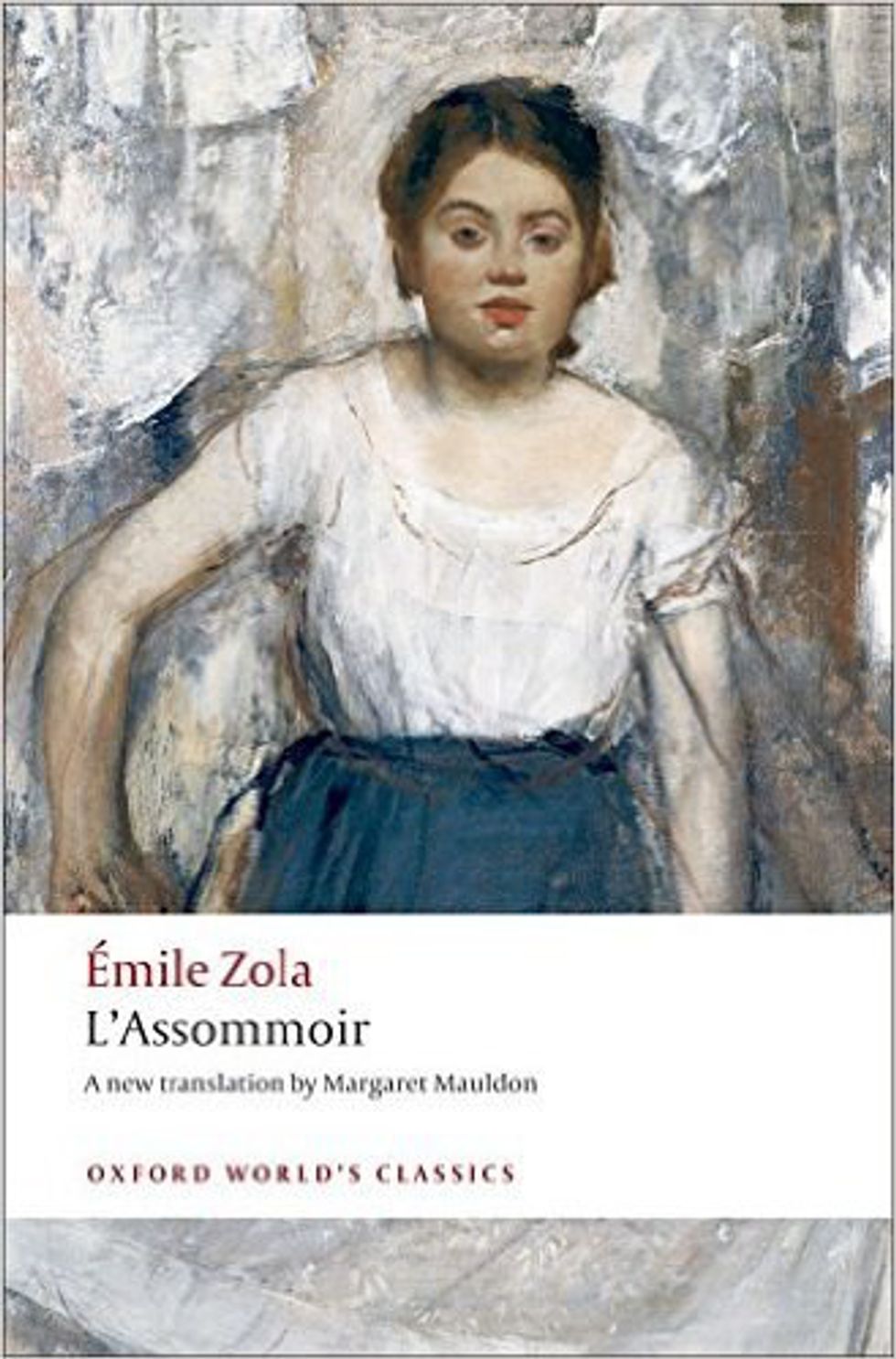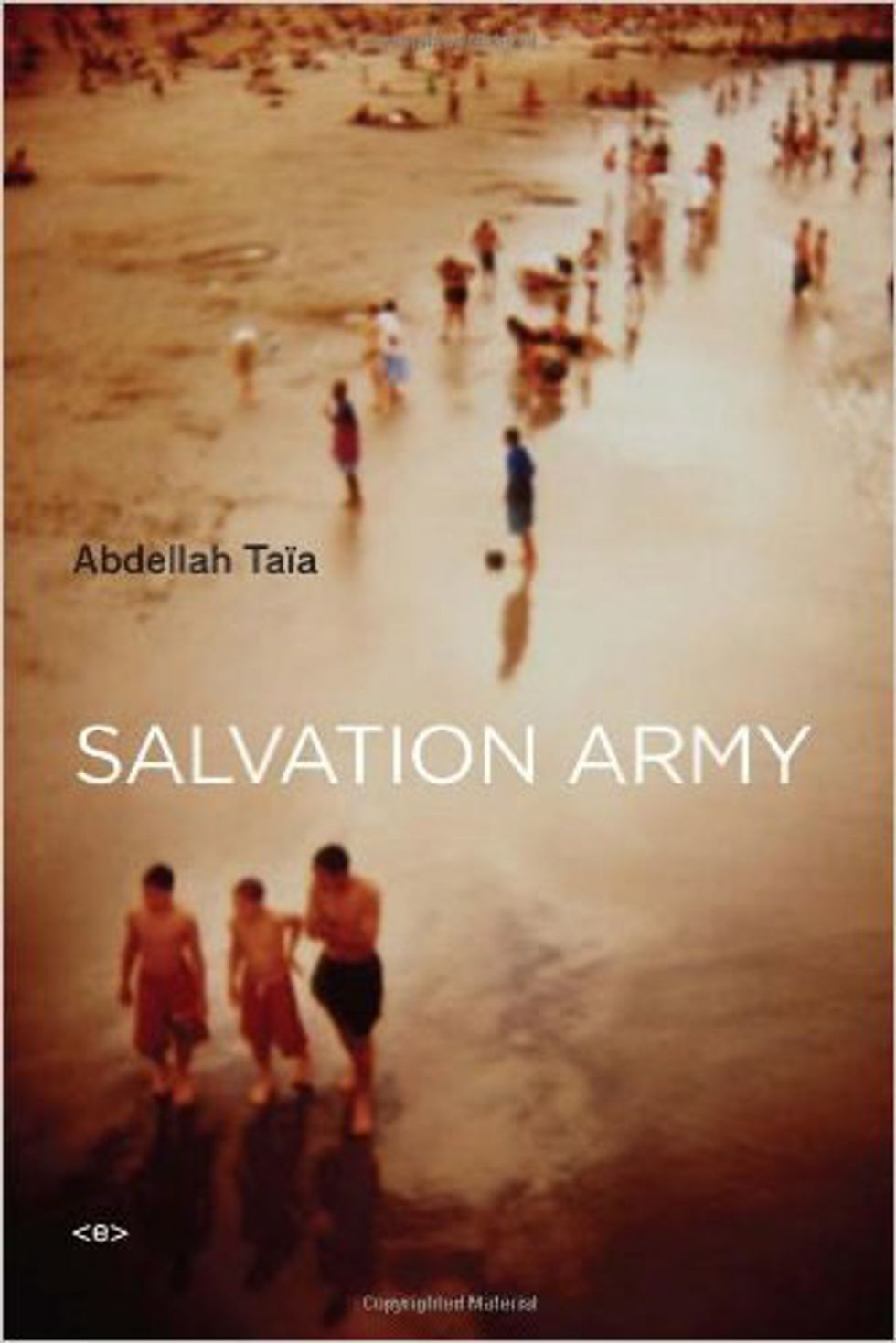You love French food. You love French accents. But what about French literature? Believe it or not, some of the world's best literature has come out of France. This list will contain, in no particular order, my favorite French literature. These are the books I think everyone should read at least once. Sure, I may be a little biased considering I study French, but I still think it's worthwhile. I will try to cover all time periods and a wide range of subjects, but again, I'm a little biased. Don't worry, I'm not asking you to read them in the original French (although they are better in the original French, in my opinion). A translation is just fine. Links to all of the books on Amazon have been included; just click on the picture of the book.
1. The Stranger by Albert Camus (1942)
The Stranger is an excellent way to dive into French literature. Set in the French department (i.e. colony) of Algeria, The Stranger focuses on a Frenchman who lives what chalks up to being a very empty life. Without giving too much away, Camus' short novel focuses on the absurdity and pointlessness of life. Sounds uplifting, right? Luckily, The Stranger is excellently written. The language is simple and the plot is no longer than necessary. It's a perfect introduction to the French philosophies of absurdism and existentialism, without sounding academic and pompous. On top of that, the human element of the story is quite captivating and will certainly work out your brain and heart.
2. Madame Bovary by Gustave Flaubert (1856)
Gustave Flaubert's most famous work, and one of the most famous works of French literature ever, has aged well. You may ask what could still be interesting about a novel concerning a French housewife in the mid-1800s. In all honesty, it's like a soap opera! On the surface, Madame Bovary seems like a simple novel wishing only to make a statement on the life of a woman in this time period. The novel does achieve this, but not without some drama and some definite WTF moments. You will leave the book hating and loving the titular character all at once. It really is no wonder that Madame Bovary is France's pride and joy. Flaubert masterfully combined the social commentary we all need, and the drama we all want.
3. In Search of Lost Time by Marcel Proust (1913)
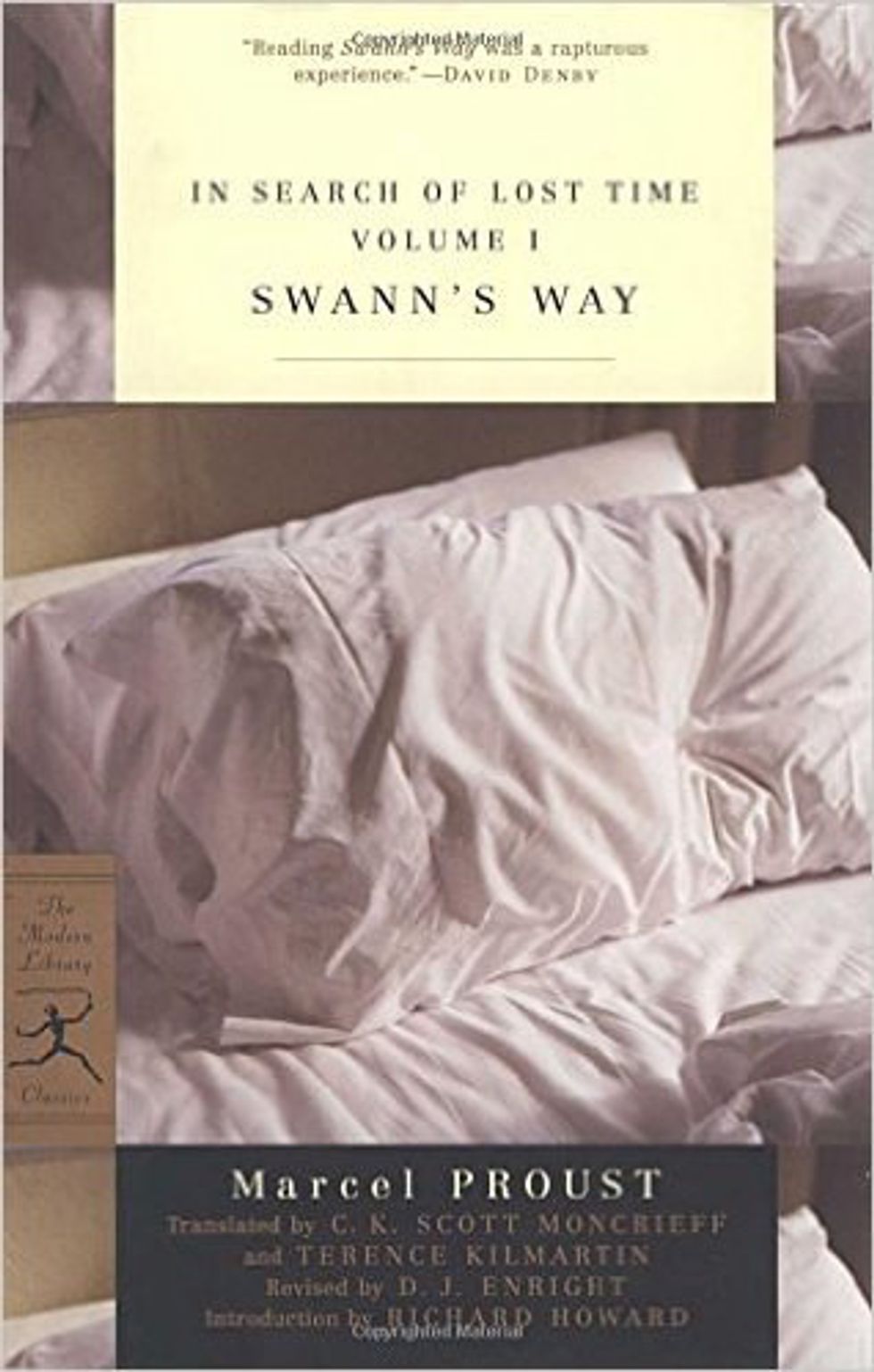
If Madame Bovary brings the drama, then this one brings the poetry. In Search of Lost Time is known as one of the greatest examples of poetic writing in a novel ever. Proust's mastery of language is unmatched. However, there is a downside; the novel is an absolute brick. It was originally published in 7 volumes. I wouldn't ask you to read this whole thing unless you really want to. I do, however, recommend reading some excerpts or maybe even one volume. Proust's writing alone will make it worth it. Besides that, the novel is a dreamy look at French high society in all of its opulence. Of course, it's also a little moody. But, if you haven't noticed yet, what's French literature if it isn't a little melodramatic?
4. Les Misérables by Victor Hugo (1862)
Speaking of novels that could be used to build a house, here comes this 1200 page beast. We all know and love the musical based off of this book, but how many of us have actually sat down with the original source material? Or knew that the musical was based off of a book for that matter? Well, if you are a fan of the musical, Hugo's work is a must-read. The characters in the novel are much more fleshed-out and well formed. In addition, the novel will give you a nice history of the French Revolution, whether you like it or not. Again, this is a tough one to read in its entirety, but excerpts are your friend. I promise it's worth the time.
5. The Second Sex by Simone de Beauvoir (1949)
Let's get political! Simone de Beauvoir's The Second Sex is often credited as a major work in igniting second-wave feminism. The novel is a treatise on the way women have been historically treated and breaks down the reasons and implications for the oppression of women. For anyone with any sort of interest in the politics of womanhood, feminism and the patriarchy, this novel cannot be overlooked. While certain points that de Beauvoir makes have fallen out of favor, her work is invaluable in understanding where today's feminism has come from and even where it may be going.
6. No Exit by Jean-Paul Sartre (1962)
Like The Stranger, Sartre's work is very existential in nature. This play focuses on three characters who have died and gone to hell. At first glance, it appears that hell is just the three of them trapped in a well-decorated room. Doesn't seem so bad. They quickly learn just what Sartre's most quoted line, "Hell is other people," means. Also like The Stranger, No Exit is a very manageable length and the prose is uncomplicated. Fun fact: Albert Camus and Jean-Paul Sartre were friends turned enemies back in their day. More so, Sartre was actually Simone de Beauvoir's lover. That means three of the works on this list are profoundly connected in the outside world. Oh, those crazy French.
7. The Lover by Marguerite Duras (1984)
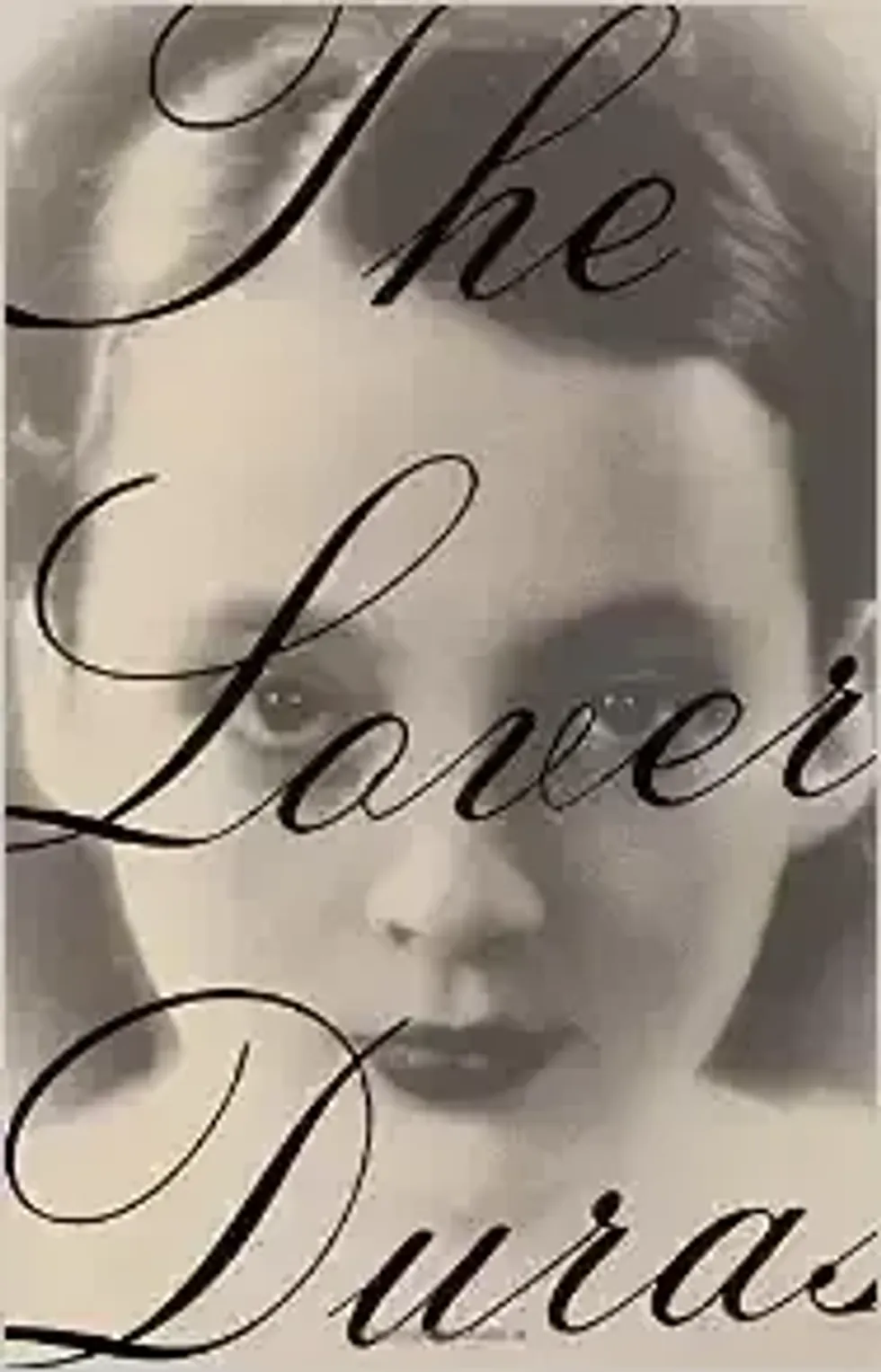
Things are about to get crazier. The Lover takes place in the French colony of Vietnam and focuses on a 15-year-old French girl who attracts the attention of a very rich 27-year-old Chinese man. The novel may be semi-autobiographical for Duras, who grew up in Vietnam. Questions about poverty, wealth, colonialism and race are all brought to the forefront in this novel. Marguerite Duras is one of the most famous French writers since the 1950s and this is the work that propelled her to superstardom in France. For those of you concerned about time commitment, this one is also relatively short and definitely worth the read. There is also a well-done movie adaptation you can watch!
8. The Little Prince by Antoine de Saint-Exupéry (1943)
Based on title alone, one may assume that The Little Prince is less serious than many of the other books on this list. That would be wrong. The Little Prince is many people's first exposure to French literature, and it is a heartbreaking one. I guess something had to prepare us for the fact that there is no such thing as a light-hearted French novel. Don't let The Little Prince's façade as a children's book scare you away. This book carries just as much power, if not more power, when you read it as an adult. The characters are delightful and the illustrations are pure magic. I promise, the lessons that The Little Prince teaches you will stay with you for the rest of your life.
9. L'Assommoir by Émile Zola (1877)
If you liked the soap opera of Madame Bovary, then L'Assommoir is perfect for you. L'Assomoir again focuses on the life of a woman in this time period, but in this case the woman is working class, not middle class. It seems that the world is against Gervaise, the main character of the novel. She just cannot catch a break. But, much like a car crash or a train wreck, you just can't look away. The novel also raises important questions about women's power (or lack thereof), alcoholism, poverty, and gossip. This is another absolute cornerstone of French literature.
10. Salvation Army by Abdellah Taïa (2009)
I wanted to end the list with something more modern, and nothing is better than Abdellah Taïa's work. Salvation Army is the story of a young gay boy in Morocco. He is beaten and raped for being gay in a country where acceptance of the LGBT community is nonexistent. Taïa writes the classic coming of age story, but with the queer Arab in mind. The power and relevance of this work is unmatched by any on this list. In 2013 it was also made into an excellent movie by the same name. I highly encourage you to read and watch both. Taïa is doing something that has never been done before by talking about the queer experience in Arabic nations where it is still illegal to be queer. He needs all of our support to continue in what I'm sure will be some of the century's most important literary work.



